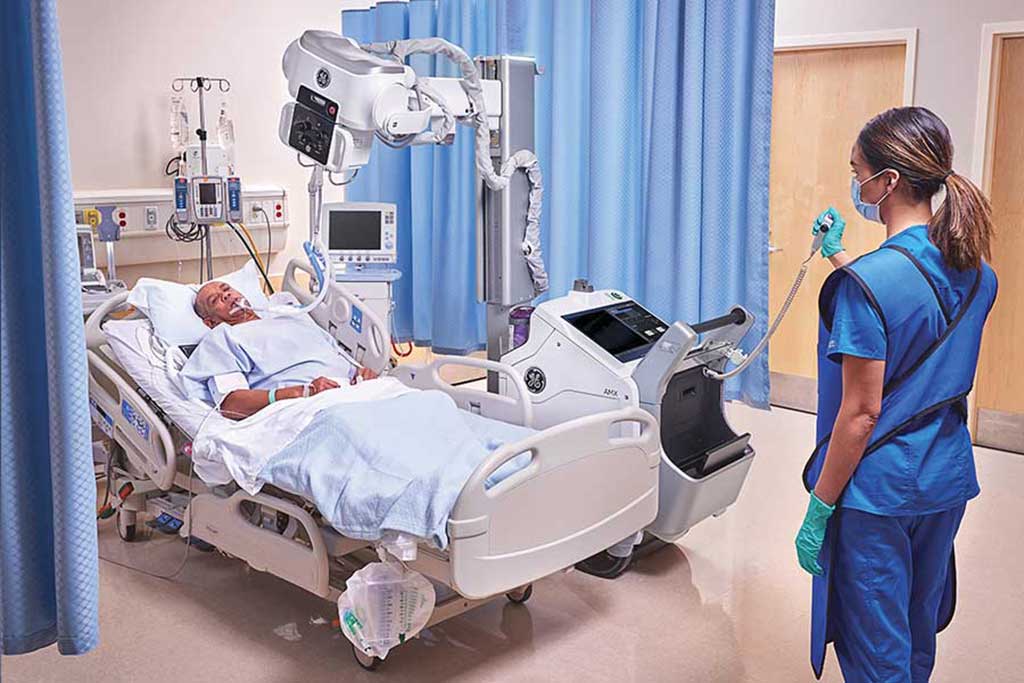

Higher education is an exciting yet demanding phase in a student’s life. While you work hard to build your future, you also face immense pressure — from assignments and exams to finances and competition. Many students struggle to maintain balance, and this constant push for success often takes a toll on their mental and physical well-being. Today, academic stress has become a common challenge for college and university students worldwide. The fear of missing deadlines, grade anxiety, and high expectations can lead to burnout, anxiety, depression, and even health issues. According to the American College Health Association (2023), excessive stress affects both mind and body. This blog explores the effects of academic stress on student well-being in higher education and offers insights into how students can manage pressure while maintaining balance and overall wellness.
Understanding Academic Stress
Academic stress, a prevalent experience during our student years, is a significant concern that demands our attention. It’s not just about feeling nervous before an exam — it’s a prolonged state of tension that arises when academic demands exceed a student’s coping abilities.
Some of the most common causes include:
- Performance pressure: The need to maintain high grades or secure scholarships.
- Overloaded schedules: Managing full course loads, part-time jobs, and extracurriculars.
- Financial strain: Tuition, rent, and living expenses can add continuous stress.
- Uncertainty about the future: Fear of not landing a job or disappointing family expectations.
Why does mental health take a toll?
Every student has their own mechanisms to handle stress; some learn to focus and channel their energy in the right direction, while others crumble under the pressure and feel burned out and scared to cope. Prolonged academic stress can lead to conditions such as:
- Anxiety disorders: Persistent worry about grades or performance.
- Depression: Feelings of hopelessness when academic efforts don’t yield desired outcomes.
- Burnout: Emotional exhaustion, detachment, and reduced motivation.
- Sleep disorders: Insomnia caused by late-night studying or chronic anxiety.
In fact, the American Psychological Association (APA) reports that nearly one in three college students struggles with significant mental health issues during their academic journey.
Physical Consequences
Mental stress doesn’t limit itself to the cognitive level; burnout and anxiety start affecting your sleep routines, your appetite goes for a toss, you start feeling weak, falling sick, complaining about frequent headaches, and your immune system goes for a toss as well, and much more. A 2021 Sleep Foundation survey found that more than 70% of college students report insufficient sleep due to academic workload. Sleep deprivation not only reduces concentration but also weakens the immune system — creating a cycle that impacts overall student health.
Here creeps the loneliness
You are weak, feeling anxious and stressed about your progress, and hence you start keeping yourself away from the social gatherings, stop talking with your friends and family members and begin to struggle alone. The race to “achieve more” often leads to social withdrawal, making it difficult to maintain friendships or participate in campus life. This isolation can worsen feelings of depression or imposter syndrome — a psychological pattern where high-achieving individuals doubt their competence and fear being “exposed” as frauds. That’s where student health services and peer support programs play a crucial role. They not only provide medical or counselling assistance but also foster a sense of belonging, something every student craves but rarely admits.
Role of Student Health Services in Managing Academic Stress
In such situations, how can educational institutions ensure that students are well cared for? In that case, you have student health services to the rescue. They’re holistic wellness hubs addressing physical, emotional, and psychological needs. Their impact is transformative when implemented correctly.
Here’s how student health services can make a difference:
- Mental health counselling: Providing therapy sessions, crisis hotlines, and group workshops.
- Wellness education: Teaching stress management, mindfulness, and time management techniques.
- Peer mentorship: Encouraging student-to-student guidance to reduce isolation.
- Medical support: Addressing physical symptoms linked to stress, such as insomnia or digestive issues.
How EmpowerCare can be your following guide to get good student health services
As an online employment agency, EmpowerCare will ensure that aspiring individuals seeking to start their careers in this field receive proper campus placements, and that institutions seeking experienced professionals or freshers are connected through the portal and hire them without wasting time. EmpowerCare provides training resources and ongoing support so you can confidently advance in the wellness and education sectors. Looking for full-time, contract, or hybrid work arrangements? We offer opportunities that align with your lifestyle and professional goals.
We know that the global mental health crisis and post-pandemic awareness have shifted the focus toward holistic student support. According to the World Health Organisation (WHO, 2023), investment in mental health programs in educational institutions has nearly doubled over the past decade. That means the demand for student health professionals is only going to grow — not just in the U.S., but globally. As more universities recognise that academic success depends on mental and emotional stability, career opportunities in this sector will continue to expand, offering a promising future for those passionate about student well-being.
Final Thought
As parents and educators, we must acknowledge the reality of academic stress. The challenges students face can be daunting and can hinder their personal, social, and future capabilities. We can’t dismiss it as usual or as something everyone goes through. It requires our full attention to ensure their emotional, physical, and mental well-being. For those passionate about mental health, wellness, and helping others navigate life’s toughest challenges, a career in student health services could be a significant step.
At EmpowerCare, we make that transition smoother. We connect aspiring professionals like you with fulfilling opportunities that empower both your growth and the lives of those you serve.











